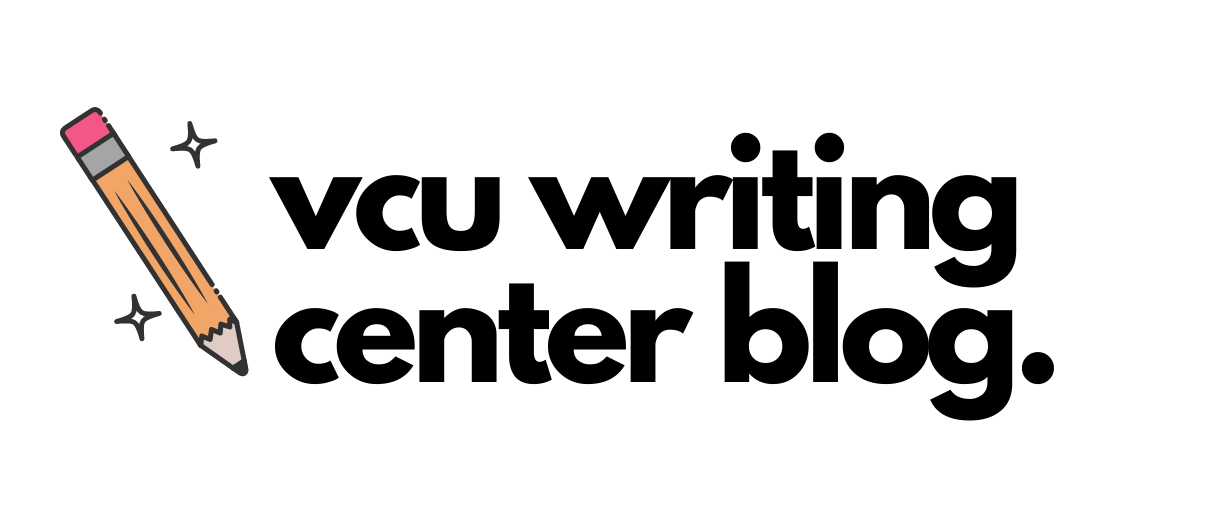Life after college — whether undergraduate or graduate school — can be daunting or scary as we transition into a new phase in our lives. Looking at the bigger picture and having a bunch of tasks is overwhelming. However, many of the skills we learned in college could apply to life outside of school, such as time management skills. For example, some time management skills, such as making checklists or reminders are useful in easing stress. These tips and time-management skills can be applicable to apply for jobs and life in the workforce.
Some skills that you learned during college could be time management, critical thinking, communication, and research and citations. We will go into more detail below.
Time management
Have you ever felt overwhelmed during college and had to do multiple things at once, such as working a part-time job and taking classes as a full-time student? Also, make sure that you attend class on time and submit your homework on the due date? This time management is a useful skill. You can take this skill and implement them on your resume or cover letter by writing something like, “Has the ability to work under pressure and multitask in a timely matter.” One might be to do one task at a time rather than trying to do everything at once. Do things in chunks (sizable tasks). Instead of trying to read, write, and do math problems simultaneously, work on one thing and then move on to the second. Making a list or an itinerary might help ease that stress.
Critical thinking
Ever have to have an in-class discussion about a topic and make an argument? Or in another sense, writing an argumentative essay using secondary sources and facts to support your claim is a form of critical thinking. Another might be to be able to problem solve and think outside the box.
Communication
Ever have to do a presentation or lead a workshop or write an essay? Communication is both written and verbal. Verbal presenting is a form of communication as you were able to present to your classmates or a panel on the knowledgeable subject. Communication can also be through the means of writing, whether it is essays, lab reports, or articles.
Research and Citations
Ever have to go to the library and look through thousands of books to learn about the subject you are writing about? Researching and creating a bibliography or literature review are skills that you obtained that can be implemented in life after college. The sources you used, whether articles, books, or reports showcase that you (the employer) have knowledge of research and citations. This is because you cited the sources used, whether it was APA, MLA, or Chicago.
These skills that we obtained during school or in internships can help us land a job and be especially prevalent in our resumes, personal statements, or cover letters. Such as tailoring these skills like communication and time management to the description listed on the job application.
Take your writing skills and implement them into your writing outside of college. One skill is to show, not tell. Showing shows the employer how/why you are the best candidate for the job. Rather than telling us that you have communication skills, show us an example of how you used communication. Personal stories can be helpful with personal statements. Tell us a story about yourself or someone that you know. Don’t tell us “I would be a great public speaker because I am a great speaker.” Rather say something like, “The frustration in trying to do all the homework at once became daunting, instead chunking and making to-do lists made it easier.” A little corny of an example, but you get the picture. Communication is not just verbal, but written as well — your academic work can be used as a portfolio or an example to show the employer that you have communication skills.
Lastly, make an outline — a blueprint for your life outside of school. Outline your future as you would an essay and that way it is set in stone. I know this next transition in life can be frustrating and scary, but remember to take a mental and physical break as you prepare for life outside of school. Don’t forget to exercise, go for a walk and clear your mind, and eat (the brain needs food too). Life after college is a new phase, but there are useful tools that can help in preparing for the future. Don’t get bogged down, but take a deep breath and put one foot in front of the other — the future is ours.
About the Author
Chris Alimenti was born in Little Silver, New Jersey and at the age of fourteen, he and his family moved south to the heartland of the Blue Ridge Mountains in Charlottesville, Virginia. Christopher recently graduated from Virginia Commonwealth University in May 2021 with Master’s in English with focus on Early Modern Literature. He is also an alumnus of the Superscripts Club at VCU, which transcribes 15th, 16th, and 17th-century English writings that range from poetry to prose and even some recipes written in Latin. During his time at VCU, he was a copyediting intern at Blackbird: an online journal for literature and the arts in the Spring Semester of 2019.
Quote: “Fear is the path to the dark side. Fear leads to anger. Anger leads to hate. Hate leads to suffering,” Yoda.
Photo by Marissa Grootes on Unsplash

